Medical Operations in Iraq Villages
Pfc. Chadwick Williams (right), native of Spokane, Wash., a medic with the 4th Battalion, 31st Infantry Regiment, 2nd Brigade Combat Team, 10th Mountain Division (Light Infantry), treats Kaild Hamed for a burn during a medical operation at the Ahmed Suhel School in Al Taraq, Iraq, Feb. 22. (U.S. Army photo by Staff Sgt. Angela McKinzie, 2nd BCT, 10th Mtn. Div. (LI) Public Affairs)
By Staff Sgt. Angela McKinzie
2nd BCT, 10th Mtn. Div. (LI) Public Affairs
AL TARAQ, Iraq — Terrorists commonly use scare tactics to disrupt the everyday lives of others; however, their tactics were unsuccessful during a recent medical operation.
Soldiers from the 4th Battalion, 31st Infantry Regiment and the 210th Brigade Support Battalion, both units of the 2nd Brigade Combat Team, 10th Mountain Division (Light Infantry), conducted a medical operation at the Ahmed Suhel School in Al Taraq, Iraq, Feb. 22.
Although the school offered a comfortable atmosphere, terrorists tried to disrupt the day’s activities with small arms fire and a rocket-propelled grenade attack.
But the medical operation continued and Iraqis still received care.
“If we shut this down, then the terrorist would have won,” said Capt. Shane Finn, the commander of Company C, 4-31st and native of Clinton, N.Y. “All they are trying to do is stop the operation – and they are not going to do that.”
Local resident nationals were seen for everything from coughs to burns, but some cases could not be treated with basic medical care. Seventy-five received treatment and no one was injured during the terrorist attack.
“I am very happy that the Americans have helped me,” said Kaild Hamed, an Iraqi teen, as he watched Williams bandage his wound. “They do a good job and they are my friends.”
Soldiers taking part in the mission understand the importance of medical operations.
“We live in Al Taraq and have a small aid station here,” said Pfc. Chadwick Williams, a native of Spokane, Wash., who serves as a medic with 4-31. "Every day there are people who come to our aid station requesting medical care, but since I am not a doctor, I cannot do too much for them. It is good to have medical operations because there are doctors on site to treat the Iraqis.”
The site selection for medical operations is also important.
“We chose to have the medical operation at the school so that we could get people comfortable with being at the school,” said 1st Sgt. David Simpson, the senior noncommissioned officer with Co. C, 4-31st and a native of Des Moines, Iowa. “The school offers a more friendly atmosphere for these types of operations.”
The unit is planning more medical operations in the area.

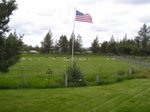


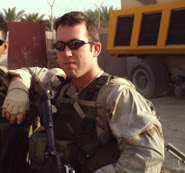










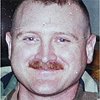


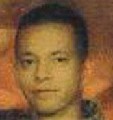









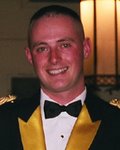






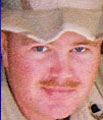
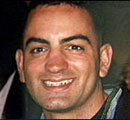




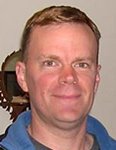
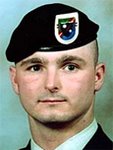




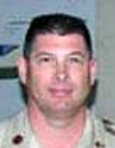
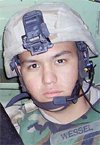
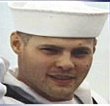
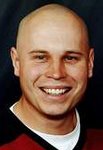
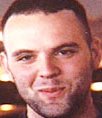
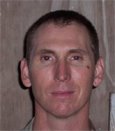

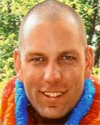
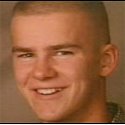
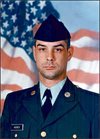


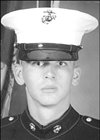
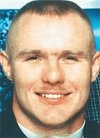
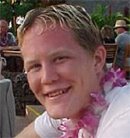

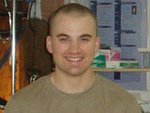

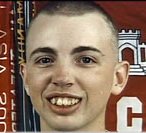


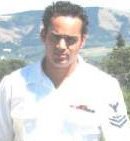

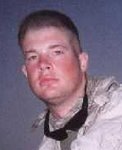
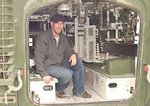
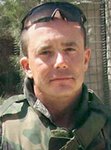

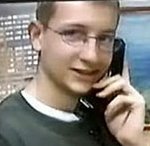

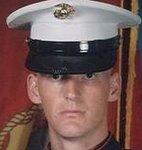
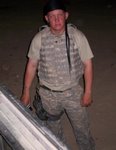
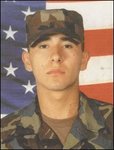
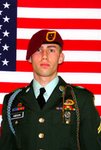

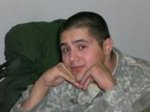
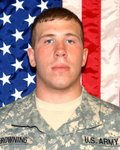





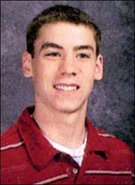
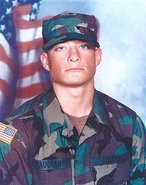
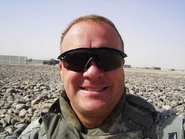
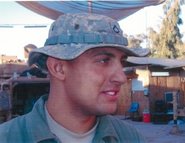
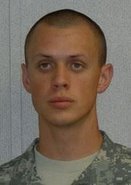
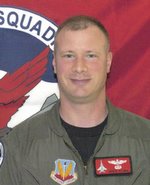
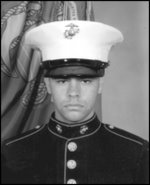
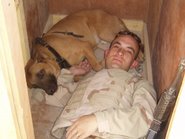
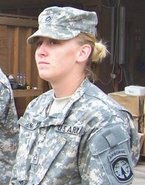
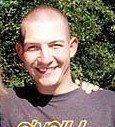
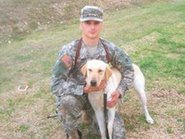

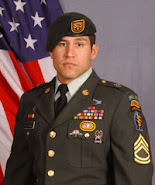

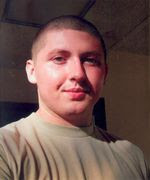



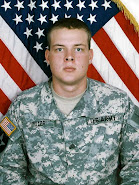
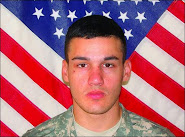



1 comment:
Another hero, there is no end to them, thank God. I watched the filmstrip you provided and it has prompted me to do a blog on the History of the Medal Of Honor. I have no idea when it will post but it is out there. Thanks
Post a Comment